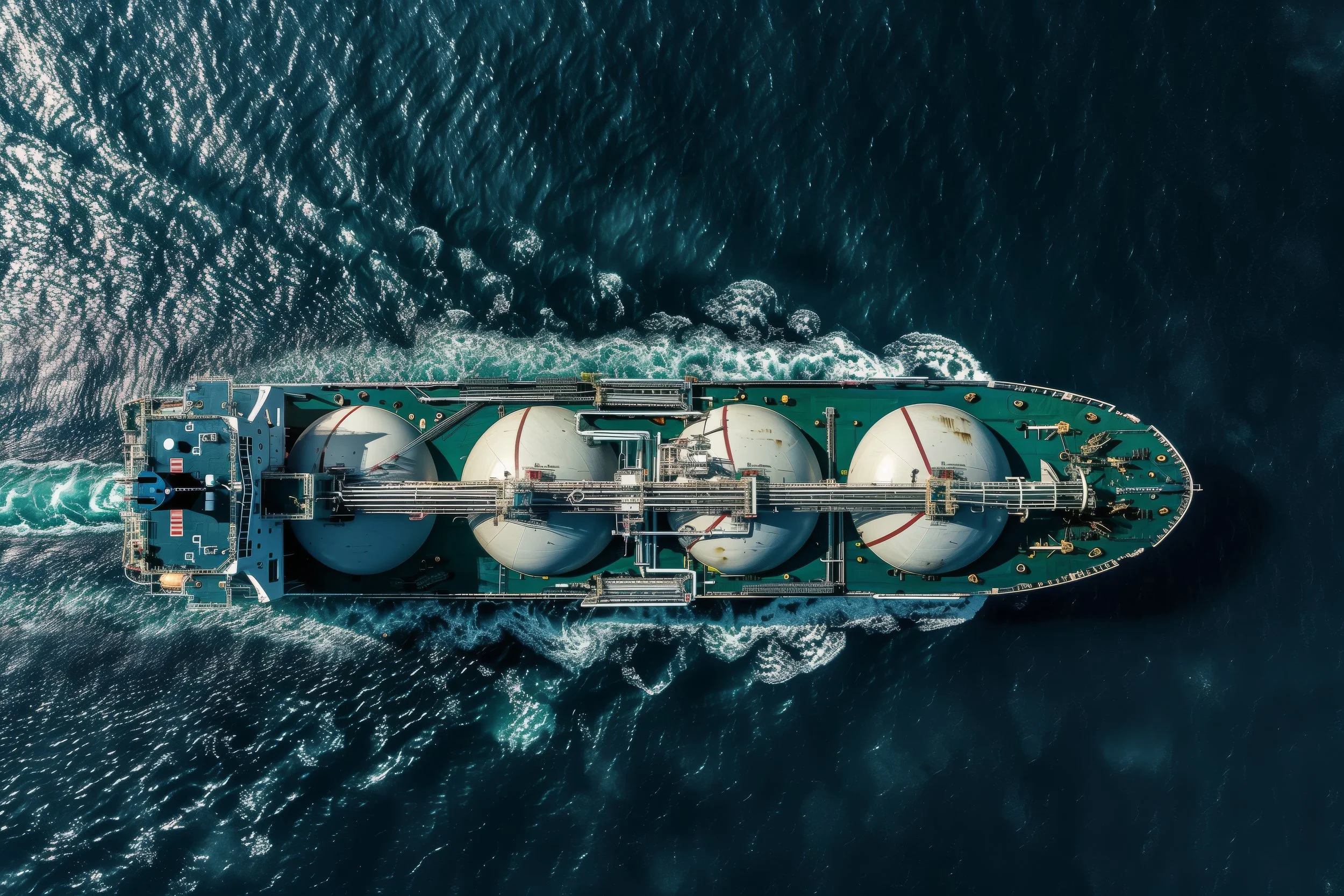
Engineering Systems to Process the Renewable Fuels at Scale
Process It
Hydrogen Transport Research: Advancing Renewable Fuel Supply Chains
This research theme is dedicated to advancing hydrogen transport research and the engineering systems needed to produce, transport, and store renewable fuels such as green hydrogen, ammonia, methanol, and kerosene. Our goal is to develop innovative solutions for the entire green fuel supply chain, ensuring safe, efficient, and scalable delivery from production to end use.
Theme Leader
Michael Johns
University of Sydney
Deputy Leader
Zhenguo Huang
University of Technology Sydney
Quantitative experimental data and models of the equilibrium and non-equilibrium thermodynamics of green fuels at process-relevant temperature and pressure conditions.
Process It
Through six focused sub-themes, our hydrogen transport research will drive transformative innovations that complement and enable the breakthrough technologies developed in our foundational research. This work is closely connected with system integration, techno-economic modelling, and safety research, ensuring that every step of the renewable fuels journey is optimised for performance and reliability.
High-fidelity models coupling thermodynamic, fluid dynamic and chemical processes occurring in balance-of-plant processes. These will be translated into simpler and more rapidly deployable design tools.
Novel demisters and dryers that operate very efficiently at higher temperatures and pressures.
A range of novel sensor technologies for real-time hydrogen and renewable fuel process monitoring.
New efficient approaches to liquefying hydrogen, both for domestic transport and large-scale export.
Sub-Themes
-
This sub-theme will provide accurate, computationally efficient property models, advanced using state-of-the-art thermodynamic measurements. The resulting data are critical for processing of these fuels through the supply chain to the end user, from production to storage and transport.
The overall objective of this research will be to experimentally establish a comprehensive understanding of hydrogen thermodynamics and develop property models that can be reliably employed.
Expected Outcomes: Accurate green fuel thermodynamic data and models for efficient processing of green fuels during and after their production.
-
This sub-theme will develop design tools for the optimisation of highly efficient process devices that will be used in next generation green fuel processing and transport. This sub-theme will conduct sub-, trans-, and super-critical (including cryogenic) experiments and simulations of the fluid motion and heat transfer of different green fuels and related mixtures in pipes, nozzles, heat exchangers, compressors and expanders.
Expected Outcomes: Reliable new simulation/design tools for efficient processing of green fuels across themes 1-3.
-
This sub-theme will focus on the metrological challenges encountered when measuring the properties and behaviour of renewable fuels. Novel sensing methods will be developed for in-situ and real-time measurements, including at the extreme temperatures and pressures associated with the synthesis, processing, and utilisation of green fuels.
Expected Outcomes: New measurement modalities and sensors focussed on the challenges of renewable fuels.
-
This sub-theme will focus on a new generation of demister and dryer designs necessitated by high temperature and pressure electrolysis. The scaling of conventional demisters to match operational requirements of high-pressure electrolysers (e.g., reduced vessel size, increased capacity, etc.) is difficult and complex; hence new demister concepts are required. Novel designs will be explored via both theoretical and experimental methods, will combine a centrifugal force generator with a set of structured aggregators, enabling very high gas-handling capacity combined with excellent droplet removal efficiency at elevated pressures and temperature.
Expected Outcomes: Novel, high performing demisters and dryers for hydrogen product streams.
-
The primary focus of this sub-theme will be the development of alternative catalysts for hydrogen liquefaction that avoid fouling. These will be tested using our unique hydrogen liquefaction facilities. Different novel formulations and hydrophobic surface treatments for the catalysts will be explored that diminish or avoid the effect of fouling.
Opportunities to provide essentially contactless re-liquefaction of other green fuels in confined spaces (e.g. ammonia boil-off at 0*C), will also be explored.
Expected Outcomes: Innovative new techniques to liquefy hydrogen more efficiently and at reduced cost.
-
This sub-theme will focus on the utilisation of formic acid and ammonia as hydrogen carriers.
This sub-theme will also target the innovative electrochemical conversion of ammonia back to hydrogen for efficient recovery of its hydrogen content, utilising a low voltage process. We will pioneer low-cost, earth-abundant transition metal borides as catalysts, which have broad compositional flexibility and high densities of unsaturated sites, and thus tuneable reaction energetics. Our approach also includes developing boron nanosheet-supported catalysts to fine-tune interactions with nitrogen intermediates through surface engineering.
Expected Outcomes: Development of novel, low-cost formic acid and ammonia-based hydrogen storage systems.








